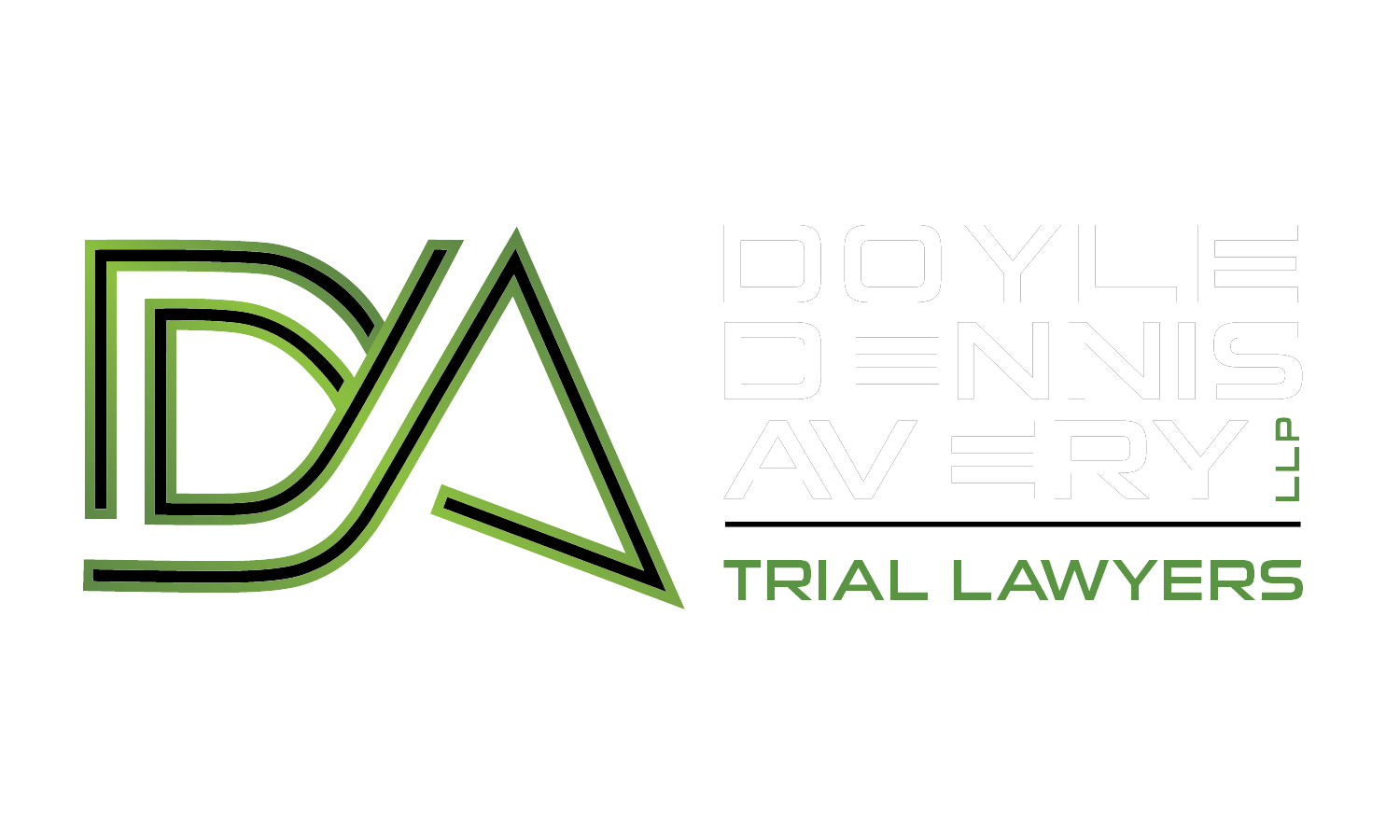Federal Tax Whistleblowers
Passed on July 1, 2019, the Tax Payers First Act (TFA) provided important protection for workers employees who have reported Federal tax law violations or underpayment of taxes. Doyle Dennis Avery LLP represented whistleblowers who have reported violations of federal tax laws, who have since been retaliated against.
What is protected?
The TFA provided important protections for employees or workers who have reported violations of federal tax law. This includes:
- To, provide information, cause information to be provided, or otherwise assist in an investigation regarding underpayment of tax or any conduct which the employee reasonably believes constitutes a violation of the internal revenue laws or any provision of Federal law relating to tax fraud; or
- To testify, participate in, or otherwise assist in any administrative or judicial action taken by the Internal Revenue Service relating to an alleged underpayment of tax or any violation of the internal revenue laws or any provision of Federal law relating to tax fraud.
What is an adverse act?
The Tax Payers’ First, Act precludes employer or officers, employees, contractors, subcontractors, or agents of such employer, from discharging, demoting, suspending, threatening, harassing, or in any other manner discriminating against an employee “in the terms and conditions of employment (including through an act in the ordinary course of such employee’s duties) in reprisal for any lawful act done by the employee.”
What is the deadline to file?
An employee must file a complaint with the Department of Labor within 180 days of the wrongful adverse act.
How do I prove retaliation or wrongful termination?
To prove wrongful termination or retaliation under the TFA, an employee must meet four general elements. First, they must show that they engaged in a protected act. Second, the employer must have subjected them to an adverse action, Third, the employer knew about the protected act. And fourth, the adverse act was a contributing factor in the adverse action.
How do I file a retaliation or wrongful termination lawsuit?
Under AMLA, an employee must file a complaint with the Secretary of Labor. If the Secretary of Labor has not issued a final decision within 180 days of the filing of a complaint, the employee may file a claim in federal district court.
What damages are available?
Under the Tax Payer’s First Act, “an employee prevailing in any action under paragraph (2)(A) shall be entitled to all relief necessary to make the employee whole.” The act further provides that an employee is entitled to “200 percent of the amount of back pay and 100 percent of all lost benefits, with interest,” and “compensation for any special damages sustained as a result of the reprisal, including litigation costs, expert witness fees, and reasonable attorney fees.” This includes mental anguish and other damages caused by the retaliation.
Copyright © 2024 Doyle Dennis Avery LLP Trial Lawyers. All rights reserved. Powered By Blue Beam LLC
The information on this website is intended for general informational purposes only and is not legal advice for any individual case or situation. Viewing or receipt of content on this website does not create an attorney-client relationship between the user and Doyle Dennis Avery LLP.
The cases, verdicts and settlements displayed on this site are solely for illustrative purposes and should not be considered a guarantee or prediction of the outcome of any other claims or cases. Each case is unique, and past outcomes are not indicative of future results.
We recommend that users consult with an attorney for legal advice on any questions or concerns they may have. Users rely on the information on this website at their own risk.
